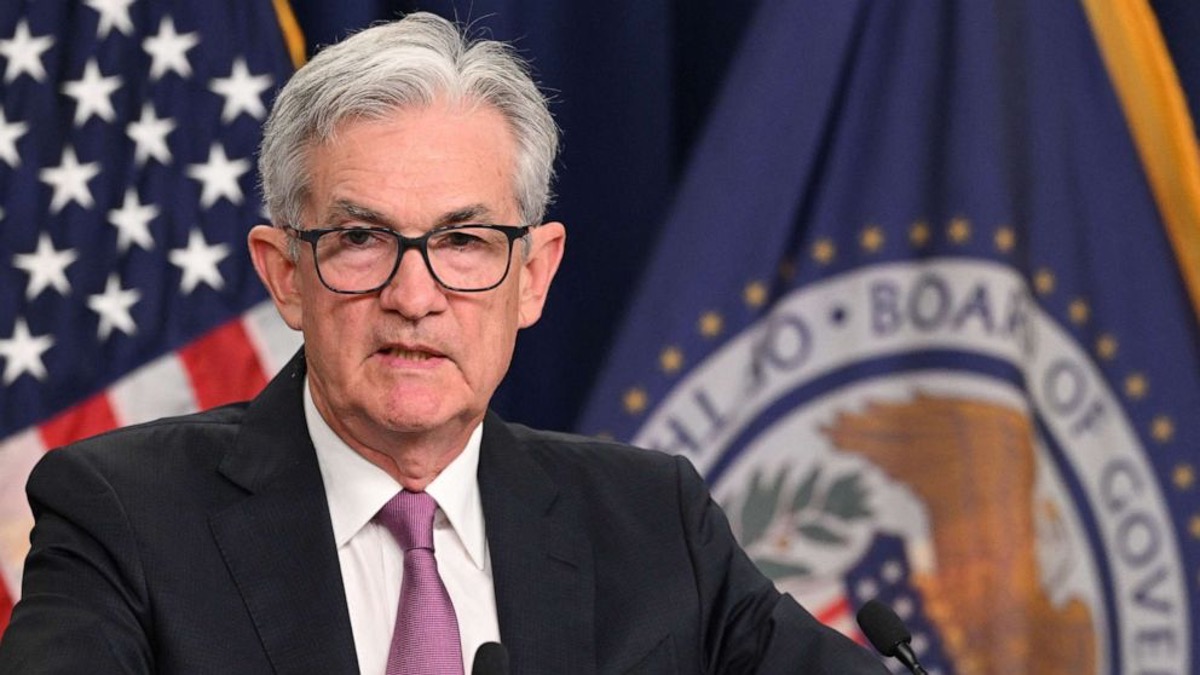How the Fed’s Rate Decision Impacts the Nigerian Naira and Economy
The U.S. Federal Reserve’s recent decision to reduce its benchmark interest rate by 25 basis points to 4.50%, while signaling fewer rate cuts in 2025, has implications that resonate far beyond the shores of the United States. For Nigeria—a country already navigating economic challenges—the effects of these rate changes amplify existing financial pressures and create both obstacles and opportunities for investors, businesses, and policymakers.
In this article, we explore the key channels through which the Fed’s decision impacts the Nigerian economy, the Nigerian Naira, and investment strategies. We also provide actionable insights for individuals and institutions looking to adapt to this global financial shift.
The Strengthening Dollar and the Fragile Naira
The Federal Reserve’s rate adjustments are often pivotal in determining the strength of the U.S. dollar. Currently, the U.S. Dollar Index (DXY) is trending upward, signaling a robust greenback. For Nigeria, this is a double-edged sword.
Exchange Rate Challenges
The Naira has faced significant devaluation in recent years, partly due to declining foreign reserves and an over-reliance on imports. With a stronger dollar, the cost of importing essentials—such as machinery, fuel, and raw materials—increases, compounding Nigeria’s trade deficits. This creates upward pressure on parallel market rates, where the Naira already trades at a significant premium compared to official rates.
Capital Outflows
A higher yield on U.S. dollar assets becomes increasingly attractive to international investors, often prompting capital outflows from emerging markets like Nigeria. This “flight to safety” reduces foreign direct investment (FDI) and portfolio inflows into the Nigerian economy, limiting access to foreign exchange required to stabilize the Naira.
Macroeconomic Implications for Nigeria
The ripple effects of the Federal Reserve’s decisions extend deeply into Nigeria’s economic fabric, impacting inflation, debt, reserves, and trade dynamics.
1. Inflation and Import Dependency
Nigeria’s inflation rate, which stood at 34.6% in November 2024, is primarily driven by the rising cost of imported goods. Petroleum products, in particular, are priced in U.S. dollars, and any further weakening of the Naira will likely exacerbate price increases for consumers.
2. Debt Servicing Costs
Nigeria’s external debt portfolio, denominated largely in U.S. dollars, faces steeper servicing costs with a stronger dollar. In 2023, the government allocated over 90% of its revenue to debt servicing, and this ratio risks worsening. Rising debt burdens could divert critical funds from education, healthcare, and infrastructure development.
3. Strain on Foreign Reserves
Nigeria’s foreign reserves, currently under pressure from reduced oil revenues and economic shocks, lose value as the dollar strengthens. The Central Bank of Nigeria (CBN) might struggle to defend the Naira effectively, further increasing volatility in exchange rates.
4. Export Potential
While a weaker Naira theoretically boosts the competitiveness of Nigerian exports like crude oil and agricultural products, the benefits are tempered by global market dynamics. For instance, oil revenues depend on stable demand and prices in the global market—a factor not guaranteed amid slowing global growth.
Investment Strategies for Nigerian Stakeholders
Given these dynamics, Nigerian investors and businesses must proactively adapt their strategies to navigate currency volatility and inflationary pressures.
1. Currency Hedging
Investors can explore hedging mechanisms such as purchasing dollar-denominated bonds or Eurobonds to protect against further devaluation. These instruments offer stability in the face of a declining Naira.
2. Diversification
The rise of fintech platforms in Nigeria has enabled easier access to global investment opportunities. Nigerian investors could consider diversifying into U.S. equities, exchange-traded funds (ETFs), or cryptocurrencies like Bitcoin and Ethereum. These assets serve as a hedge against domestic currency risks.
3. Focus on Inflation-Resilient Assets
Sectors such as agriculture, consumer goods, and commodities like gold often perform well during inflationary periods. Nigerian investors may benefit from channeling resources into these areas to preserve portfolio value.
4. Local Manufacturing and SME Investment
For businesses, investing in local production to reduce import dependency offers a sustainable pathway to mitigating currency volatility. By supporting small and medium enterprises (SMEs), Nigeria can foster job creation and strengthen its domestic market.
Policy Recommendations
A sustainable solution requires more than individual efforts—it demands a coordinated approach from the Nigerian government and the CBN.
1. Enhance Dollar Inflows
To stabilize the Naira, the government should intensify efforts to attract FDI and improve non-oil exports. Special Economic Zones (SEZs) tailored to technology, agriculture, and manufacturing could play a pivotal role in diversifying export revenues.
2. Promote a Market-Driven Exchange Rate
The widening gap between official and parallel market rates undermines investor confidence. A more flexible exchange rate policy, coupled with stringent anti-speculation measures, can help restore equilibrium and attract foreign capital.
3. Foster Economic Resilience
Policies aimed at reducing dependency on external borrowings and oil revenue will be crucial. A robust focus on renewable energy, tech innovation, and value-added agriculture could create new revenue streams and build economic resilience against global shocks.
The Broader Picture: Global Context and Nigeria’s Position
The Fed’s actions are part of a larger global financial recalibration, as central banks worldwide grapple with post-pandemic inflation and geopolitical instability. For Nigeria, integrating into global supply chains, leveraging its vast youth population, and embracing digital innovation will be key to thriving in this evolving landscape.
Conclusion
The U.S. Federal Reserve’s recent rate decisions highlight the interconnectedness of the global economy. For Nigeria, the implications underscore the urgency of diversifying the economic base, stabilizing the Naira, and fostering sustainable growth. By leveraging proactive investment strategies and implementing sound policies, Nigeria can mitigate the risks posed by global monetary shifts and unlock new opportunities for prosperity.
